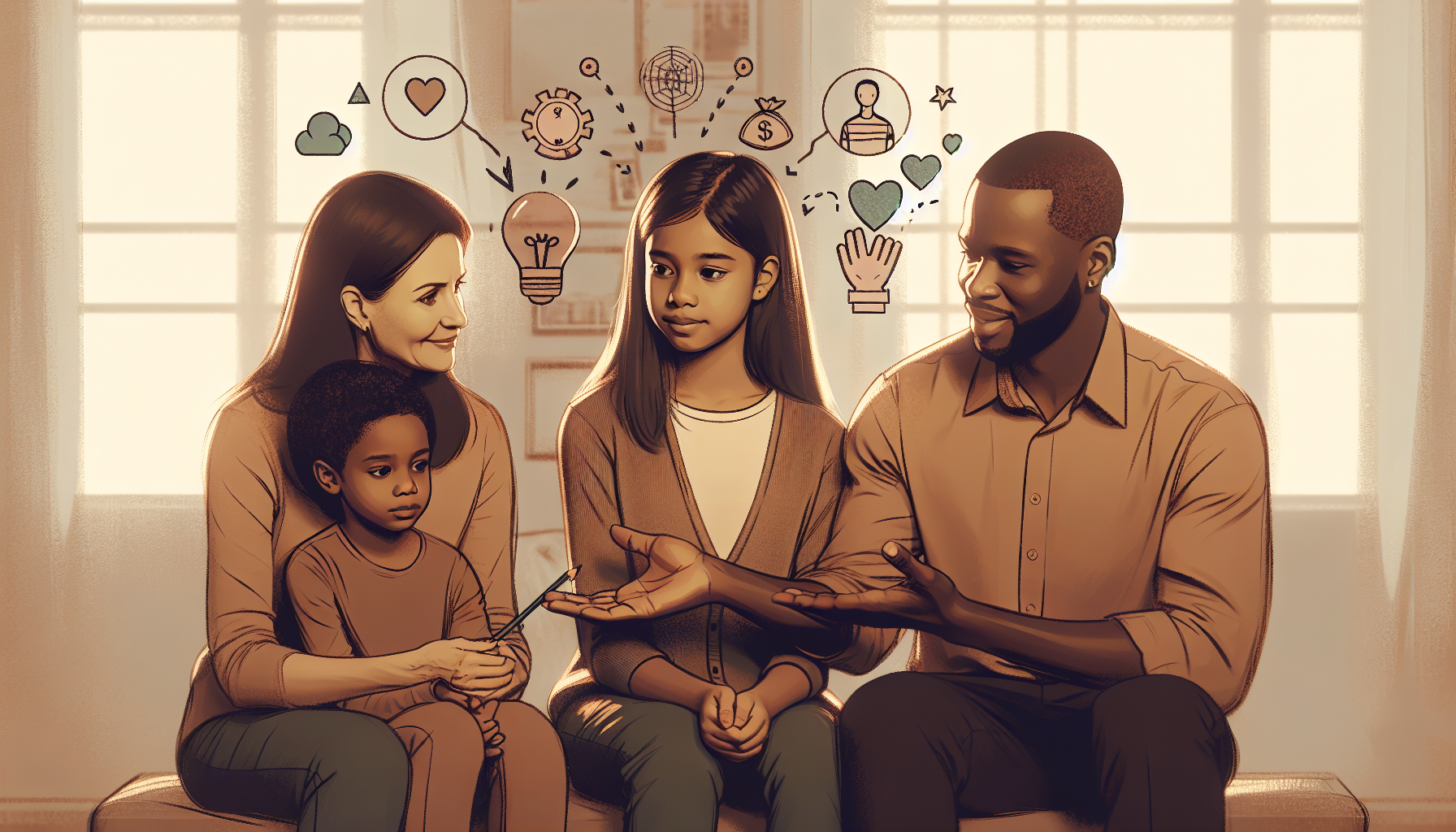How to Help Children Manage Conflict: A Guide for Parents
Conflict is an inevitable part of life, and for children, learning to manage it effectively is a crucial skill. As parents or future parents, understanding how to guide children through these situations can significantly impact their emotional and social development. In this article, we’ll explore practical ways to help children manage conflict, enhance their social skills, and build a solid foundation for healthy relationships.
Main Points
Children often experience conflict in various forms, whether it’s a disagreement with a sibling over a toy or a misunderstanding with a classmate. It’s essential for parents to equip them with tools to navigate these situations. Research in child psychology, including principles from cognitive-behavioral therapy (CBT), highlights the importance of addressing psychological needs such as safety, autonomy, and self-expression.
Understanding the Root of Conflict: Conflict often arises from unmet needs or miscommunication. For instance, a child might feel unheard or undervalued, leading to frustration and disputes. By recognizing these underlying issues, parents can better support their children in managing conflict.
Role of Social Skills: Social skills are critical in conflict resolution. Teaching children to express their feelings clearly, listen actively, and empathize with others can help them navigate conflicts more effectively. These skills are not only vital for resolving disputes but also for building strong, healthy relationships.
Cognitive-Behavioral Techniques: CBT offers valuable strategies for conflict management. Encouraging children to pause and think before reacting can prevent impulsive behavior. Helping them reframe negative thoughts can also reduce emotional responses and promote problem-solving.
Practical Recommendations
- Model Positive Behavior: Children learn a lot by observing adults. Demonstrate calm and respectful communication during conflicts, and your child is likely to mimic these behaviors.
- Encourage Open Communication: Create a safe environment where your child feels comfortable expressing their thoughts and emotions. This openness can prevent misunderstandings and build trust.
- Teach Problem-Solving Skills: Guide your child in brainstorming solutions to conflicts. Encourage them to consider the consequences of each option and choose the most constructive path.
- Practice Active Listening: Show your child the importance of listening to others by doing so yourself. Validate their feelings and encourage them to do the same with their peers.
- Set Boundaries: While autonomy is essential, children also need to understand the limits of acceptable behavior. Clearly defined boundaries help them navigate social interactions more confidently.
Conclusion
Helping children manage conflict is a vital aspect of parenting. By focusing on developing their social skills and addressing their psychological needs, parents can empower their children to handle disputes constructively. Implementing these strategies not only aids in conflict resolution but also fosters emotional intelligence, preparing children for a lifetime of healthy relationships. Remember, the goal is not to eliminate conflict but to equip children with the skills to handle it effectively.
For more insights and parenting advice, visit our comprehensive resources at the Child Mind website.

